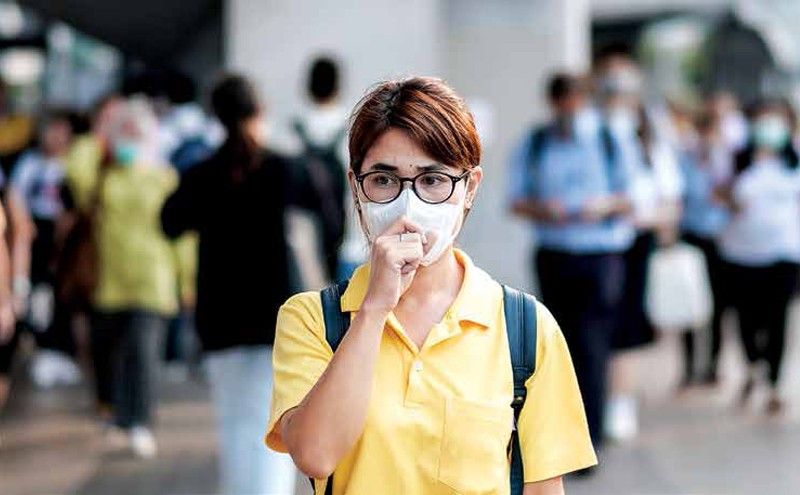Important facts: Cancer, coronavirus and treatments

MANILA, Philippines — Doctors from Parkway Cancer Center discuss precautionary measures, treatments, and tips for cancer patients undergoing treatment
What is coronavirus
Dr.
Should I still go to the hospital for my cancer treatment during the COVID-19 outbreak, why?
Dr. Quek: There are three groups of patients to
- Cancer patients undergoing treatment:
Continue the treatment as prescribed such as observing necessary precautions and proper hygiene, wash your hands and wear a mask, among others. Compared to a relapse,
- Patients with cancer symptoms:
Patients with symptoms such as blood in stools, breast lumps, and unusual swelling should be tested earlier for more effective treatment. Having your tests delayed has more impact should the symptoms are indeed cancerous.
- Patients who
are treated and are now in remission
There’s nothing wrong with delaying appointments since scheduling appointments are more flexible.
Should I wear a mask to protect myself even if I don’t have a fever?
Dr. Quek: It’s advisable. Cancer patients
What are the precautions that cancer patients with weak immune systems should observe while traveling to the hospital for treatment?
Dr. Colin Phipps
When walking through a huge crowd, what can I do to protect myself from COVID-19?
Dr. Phipps: Similar to what I do in the hospital, I practice hand hygiene through washing of palms, wrists, and fingers, wear a mask, and avoid those who are coughing.
What
Dr. Phipps: There are guidelines from the Ministry of Health
What are the differences of cancer treatments during the COVID-19 outbreak?
Dr. Chin Tan Min: Patients undergoing chemotherapy, oral medications, and immunotherapy should continue as planned to ensure their conditions. There are also precautionary measures to ensure the effective screening of patients and visitors. In addition,
When I develop a fever during my cancer treatment, am I at a higher risk of getting infected with COVID-19?
Dr. Chin: Chemotherapy affects immunity, thus being more prone to getting a fever. If this happens, get a blood test to check if you can take antibiotics. Discuss with your doctor to be aware of what necessary tests and medications to take.
What is the greatest risk that cancer patients should look out for?
Dr. Phipps: Patients after intensive chemotherapies are more prone to severe viral infections, although this is not solely with COVID-19. In managing our health with patients, we will continue with our precautions such as washing our hands, wearing masks and gowns when needed.
Dr. Chin: I advise patients that may have existent symptoms of cough and fever to be evaluated further.
Dr. Quek: There’s a risk of a weakened immune system as a result of most cancer treatments. If patients develop a fever, it’s important to meet with your doctor for further advice.
In Philippines, Parkway Cancer Centre Singapore is represented by CanHOPE Manila. They act as a link with direct access to the Singapore team providing integrated care throughout a patient’s journey.
For information on the center and its services, email: [email protected] or visit CanHOPE Manila on Facebook HealthNews is a monthly publication by Parkway Cancer Centre Singapore. To learn more, log on to https://www.
- Latest


























